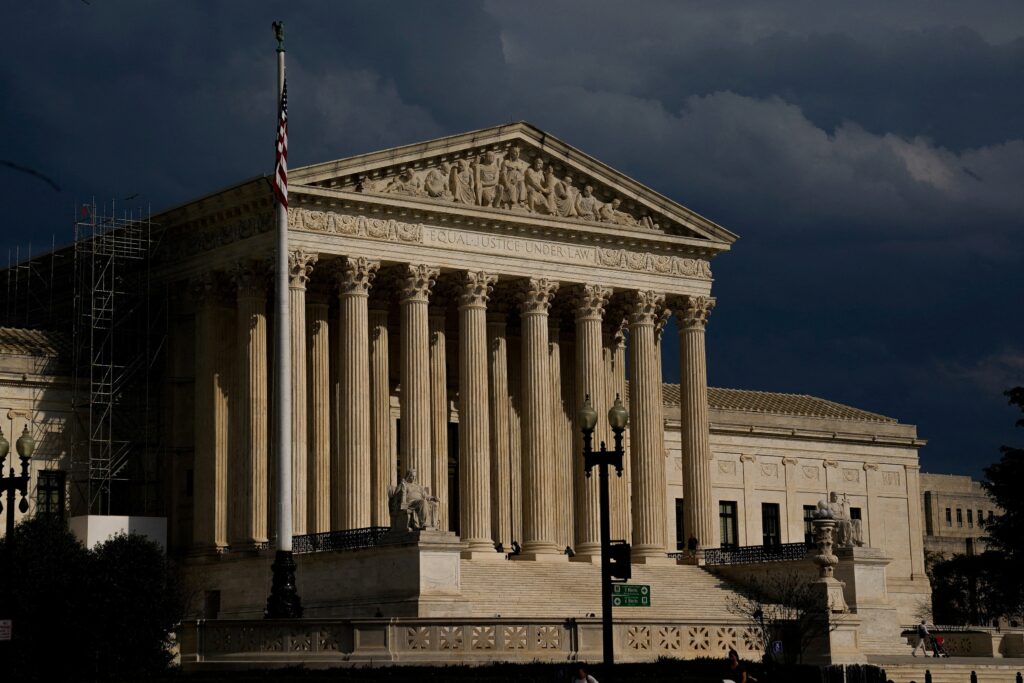970x125
The United States Supreme Court on Thursday refused to block the enforcement of a Mississippi law that mandated the verification of users’ ages before using social media sites such as Facebook, Instagram, and Snapchat.
970x125
US Supreme Court allows social media age verification law
Rejecting an emergency appeal from NetChoice, a tech industry group representing major platforms like Facebook, X and YouTube, the US Supreme Court said social media giants must comply with a Mississippi law that requires platforms to verify users’ ages and obtain parental consent before minors can create accounts.
Age verification, parental consent
The Mississippi law requires all users to verify their ages before using social media sites. Additionally, social media websites are also mandated to work to prevent children from accessing “harmful materials” and prohibit minors from using social media websites without parental consent.
What social media companies argued
NetChoice challenged the Mississippi law, arguing that it threatens privacy rights and unconstitutionally restricts the free expression of users of all ages.
According to Netchoice, the law violates the First Amendment’s guarantee of free speech without governmental interference. The “monitoring-and-censorship requirements for vague categories of speech, and limits individuals’ access to important information ranging from university professors’ online lectures, to statements from political leaders, and other creative content, NetChoice argued.
NetChoice has also filed similar lawsuits in Arkansas, Florida, Georgia, Ohio and Utah.
Texas law on age verification upheld
This is the latest legal development as court challenges play out against similar laws in states across the country. In a related case in June, the Supreme Court had upheld a Texas law mandating age verification to access websites with sexually explicit material.
Why age verification matters
The SC rulings come at a time when parents and even some teenagers are growing increasingly concerned about the effects of social media use on young people. Supporters of the new laws have said they are needed to help curb the explosive use of social media among young people, and what researchers say is an associated increase in depression and anxiety.
Mississippi Attorney General Lynn Fitch told the justices that age verification could help protect young people from “sexual abuse, trafficking, physical violence, sextortion and more,” activities that Fitch noted are not protected by the First Amendment.
970x125

